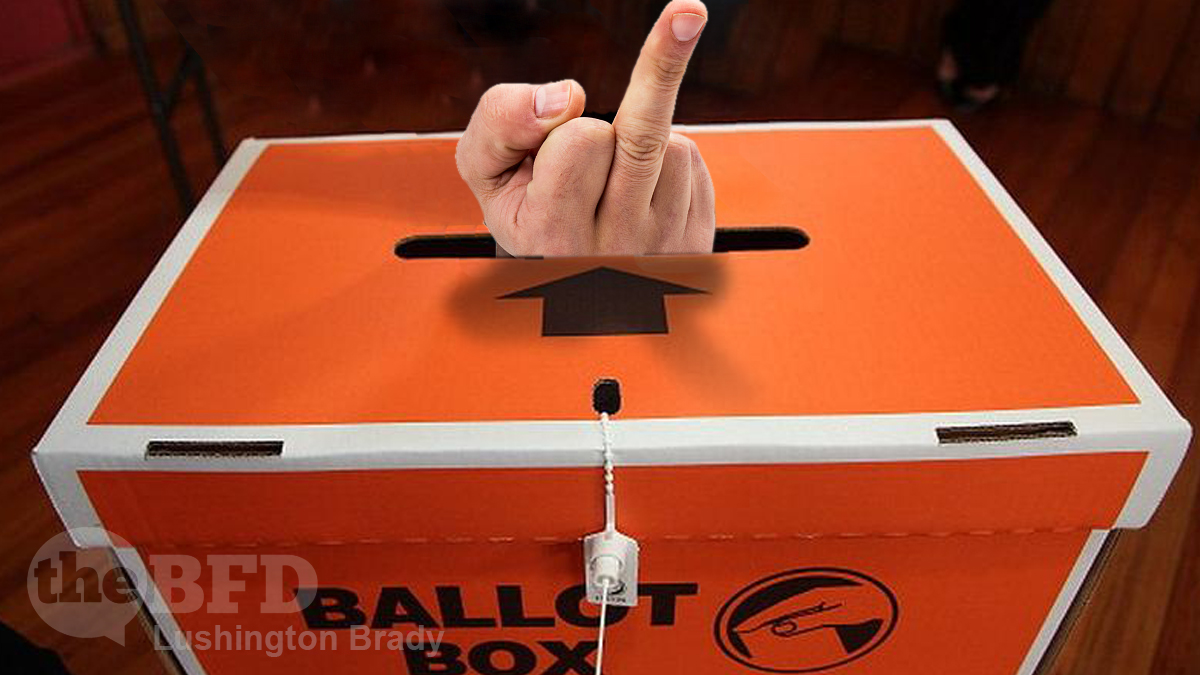With just a couple of months to go before the “Indigenous Voice” referendum, the “Yes” campaign is in serious trouble. That’s despite a relentless government campaign in favour, millions in funding, and the backing of every elite institution from big business to sport.
No wonder the Guardian is so desperate to spin the one and only poll that offers the left some hope.
Public support for the Indigenous voice to parliament is holding steady and remains high, the latest Guardian Essential poll shows, in contrast with other recent polls suggesting support is sliding.
The poll of 1,123 voters, published on Tuesday, found 60% of respondents were in favour of the voice, up one point on the previous survey, while 40% were opposed to it.
Unfortunately, the Guardian doesn’t provide a link to the original poll or its methodology, nor is it on Essential’s website. The Guardian also doesn’t provide a state-by-state breakdown, which is critical.
The psephologist Kevin Bonham calculates average support to be in the mid-50s, after Resolve and Newspoll recorded the biggest declines for the yes vote. But the Essential poll is more optimistic for the voice, with support steady at 59% or 60% in the past four polls.
Even Essential’s polling, though, shows a sharp dropoff in support in the last couple of months. Other polls are even more dire.
A Resolve poll for the Nine newspapers, published on Monday, showed 42% in favour and 40% against with 18% undecided – but when forced to make a yes or no decision only 49% supported the change while 51% opposed it. Last week’s Newspoll showed 46% support, 43% against and 11% undecided.
As even the Guardian tacitly concedes, “undecided” almost certainly translates to “No”, when push comes to vote. This has been a consistent pattern in past referendums.
And despite the screeching of the “Yes” shills, the “No” voters have very solid reasons for rejecting it.
In the latest poll, voters who opposed the voice were given four potential reasons for why they did so. About 34% said it would “divide Australians”, 33% said “it will give Indigenous Australians rights and privileges that other Australians don’t have”, 26% said “it won’t make a real difference to the lives of ordinary Indigenous Australians” and 7% said “Indigenous Australians don’t agree on it”.
All of those are true, no matter how hard the government tries to pretend otherwise.
So, what are the “Yes” campaign going to do? Lie harder, of course.
The Indigenous leader Noel Pearson, a key architect of the voice, has warned that the yes campaign has “a lack of clarity” and called for supporters to focus on the constitutional recognition element of the proposal rather than the voice itself.
In other words, “the vibe”, rather than the cold, hard facts of the Constitution.
On the no side, the conservative lobby group Advance, led by the Nationals senator Jacinta Nampijinpa Price, will soon launch the next stage of its “Fair Australia” campaign against the voice, with a spokesperson saying it would continue to criticise the voice as divisive.
“We will focus our resources on innovative, targeted and effective ways of reaching Australians who are open to hearing the side of the story the yes campaign would rather keep hidden,” they said in a statement.
“In some cases, this will be through TV and digital advertising, in other cases through other campaign tactics such as high-impact, high-visibility field activity.”
The no campaign will focus on smaller states Tasmania, Queensland, South Australia and Western Australia.
This is a particularly smart move, because Australian referendums have to be carried by a majority in each state, as well as a majority overall. So, it doesn’t matter what the big, woke states of Victoria and NSW say, because smaller, more conservative states are punching with equal weight.
The “No” campaign has also identified another Achilles heel: the prime minister himself.
The Liberal party has taken to describing it as “Labor’s voice” or “Anthony Albanese’s voice”.
The government is also mindful that a sustained major focus on the referendum could be met with claims that Albanese is not focused on issues such as the cost of living or inflation.
The Guardian
Well, as they see the electricity bills, mortgages, petrol prices, and grocery bills head for the stratosphere, while “Airbus Albo” gets his face painted and poses for more selfies at yet another taxpayer-funded “Indigenous” beano, Australian voters can make up their own minds on that front.

